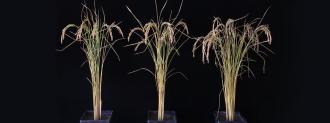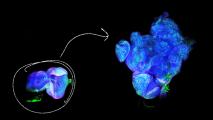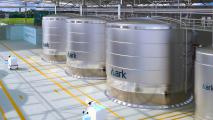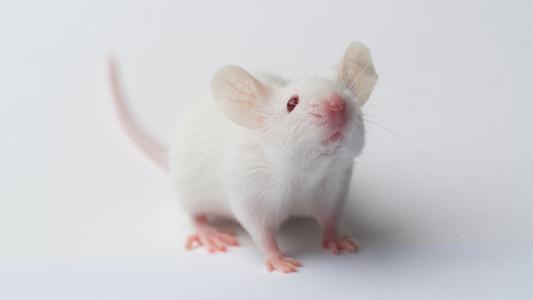By inserting a gene found in humans and animals into potato and rice plants, an international team of scientists increased the amount of food they grew by 50% in real world tests — and it also boosted photosynthesis and made them more resistant to drought.
“The change really is dramatic,” study co-leader Chuan He said in a press release. “What’s more, it worked with almost every type of plant we tried it with so far, and it’s a very simple modification to make.”
The challenge: About 9% of the world already doesn’t have access to enough food, and climate change threatens to make the problem of food insecurity worse, causing droughts and higher temperatures that affect crop yields.
“[R]eductions to agricultural productivity or sudden losses of crops or livestock will likely have ripple effects, including increased food prices and greater food insecurity,” the Union of Concerned Scientists wrote in 2019.
Genetic engineering can help plants grow under hotter, drier conditions.
If we don’t find ways to grow more food on less land, we’ll have to clear more forests and plough under more and more land to feed the world.
Engineering crops: Researchers are already demonstrating ways that genetic engineering can be used to give plants characteristics that help them grow under hotter, drier conditions.
However, those approaches are often complicated, limited to one type of plant, or result in only small increases in crop yields. This new breakthrough appears to overcome all of those limitations.
Designing better rice plants: DNA contains an organism’s genetic code, which is essentially an instruction manual determining what it looks like and how it functions. RNA reads those instructions and makes the proteins needed to carry them out.
But cells also place chemical tags on RNA, which affect how much protein gets made. This helps them regulate how fast they grow.
He’s team knew from previous research that a protein called FTO could erase the chemical markers on RNA — potentially affecting their growth.
The study: When the scientists inserted a version of the FTO gene from animals into rice plants, the plants grew 300% more rice in the lab and 50% more under field conditions. The modified rice plants were also more resistant to drought stress, more efficient at photosynthesis, and had deeper roots.
The results were the same for potato plants.
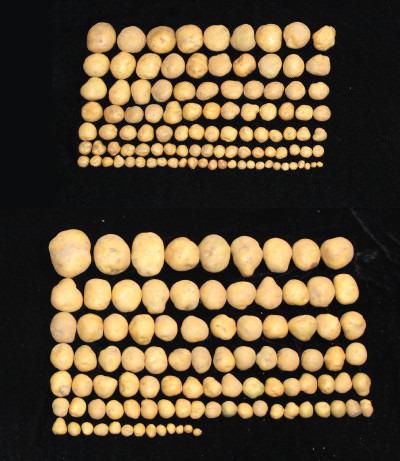
As for how the FTO gene was able to do this, the researchers believe it affects a process called m6A, which tells plants to grow slower and stop growing sooner.
Looking ahead: The researchers are now exploring ways to trigger these same qualities in potato and rice plants without inserting another organism’s gene.
“It seems that plants already have this layer of regulation, and all we did is tap into it,” He said. “So the next step would be to discover how to do it using the plant’s existing genetics.”
If the researchers are successful, their technique could impact more than just food insecurity.
“We rely on plants for many, many things — everything from wood, food, and medicine, to flowers and oil,” He said, “and this potentially offers a way to increase the stock material we can get from most plants.”
We’d love to hear from you! If you have a comment about this article or if you have a tip for a future Freethink story, please email us at [email protected].
